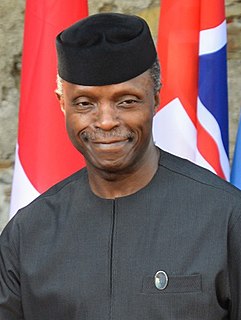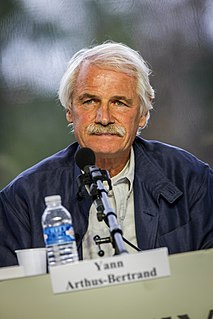A Quote by Sri Mulyani Indrawati
At the World Bank, we are already working with our clients in developing countries to improve their governance systems, collect taxes, fight corruption, and recover stolen assets.
Related Quotes
The massive corruption common in so many developing countries would be quite impossible if Western countries did not provide convenient opportunities to ship ill-gotten funds out of the country. It wouldn't make much sense for a ruler to store in his basement large quantities of stolen cash in his own country's currency. A corrupt ruler wants to be able to keep this money safe and to be able to spend it. And for this, he needs to convert it into a Western currency and store it in a bank abroad, where it can also earn investment returns and be bequeathed to his heirs.
Our jobs are fleeing the country. They're going to Mexico. They're going to many other countries. You look at what China is doing to our country in terms of making our product. They're devaluing their currency, and there's nobody in our government to fight them. And we have a very good fight. And we have a winning fight. Because they're using our country as a piggy bank to rebuild China, and many other countries are doing the same thing.
We've seen over time that countries that have the best economic growth are those that have good governance, and good governance comes from freedom of communication. It comes from ending corruption. It comes from a populace that can go online and say, 'This politician is corrupt, this administrator, or this public official is corrupt.'
You look at what China is doing to our country in terms of making our product. They're devaluing their currency, and there's nobody in our government to fight them. And we have a very good fight. And we have a winning fight. Because they're using our country as a piggy bank to rebuild China, and many other countries are doing the same thing.
JPMorgan was already, for the most part. Our businesses at JPMorgan share the same cash-management systems. The commercial bank, the private bank, the retail bank, they all use the branches. The cash-management system moves the money around the world - for global corporations, and for you, the consumer, too.




































